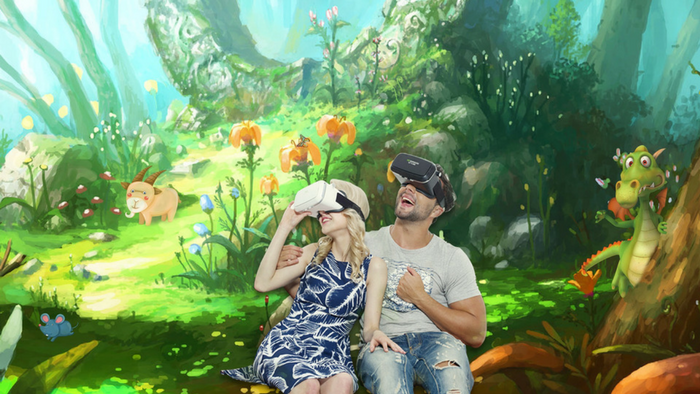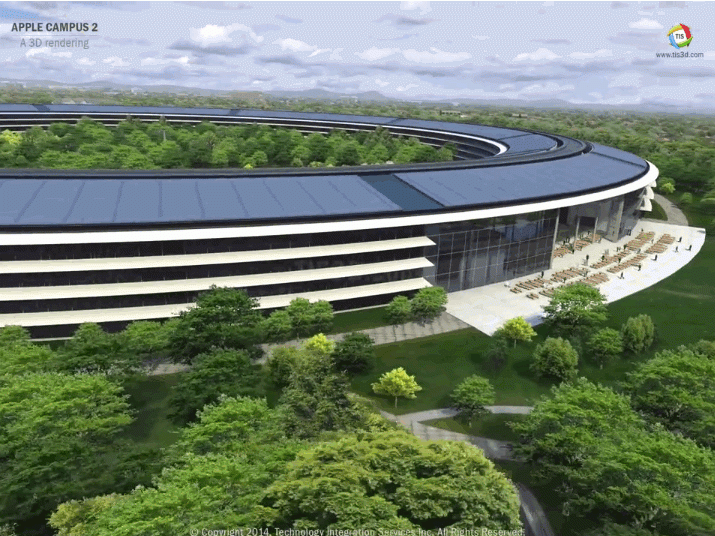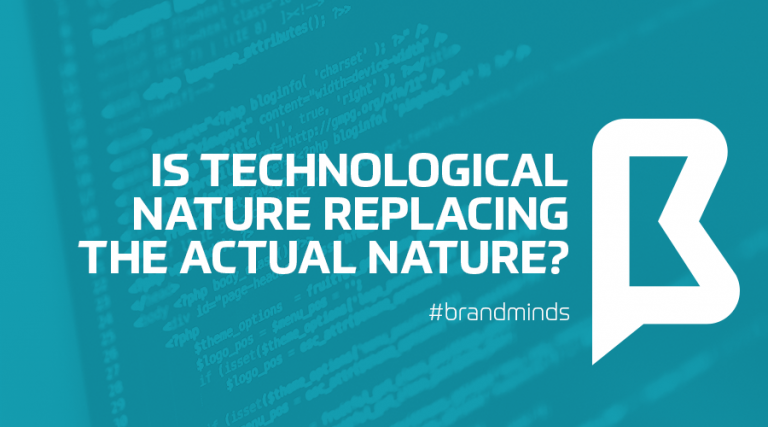Is technological nature replacing the actual nature?
Technological nature is defined as “technologies that in various ways mediate, augment, or simulate the natural world.”
The term technological nature was coined by Peter H. Kahn Jr, Professor in the Department of Psychology and Director of the Human Interaction with Nature and Technological Systems Laboratory at the University of Washington.
Professor Kahn is the author of Technological Nature, Adaptation and the future of human life. His book shows that our relationship with nature is increasingly mediated and augmented by technology and talks about what this means for mankind.
What exactly is technological nature?
Technological nature means digital representations of the wild:
- Nature-focused documentaries;
- Video games where the action takes place in mythical woods and majestic mountains;
- VR simulations that takes the user inside wild areas of foreign countries;
- Audio tapes of the rain, the sea or the fores;
- Nature videos playing on widescreen TVs in corporate offices.
 image source: innorobo.com
image source: innorobo.com
Technological nature – why does it exist?
Man emerged from nature. He is part of nature as much as nature is part of him. It is no coincidence that our ancestors called everything around them (the animals, the sun, the plants, mountains and sea) Mother Nature.
In order to live a high-quality life we need to be surrounded by nature. Being outdoors triggers biophilia which means humanity’s inborn, primordial affiliation with the environment.
 image source: psychologyandi.com
image source: psychologyandi.com
According to Edward O. Wilson, renowned biologist, we are all biophiliacs since we possess an innate tendency to seek connections with nature and other forms of life. Although some regard biophilia as nothing but a hypothesis, psychological studies have found various evidence that show the powerful influence nature has on our psychological, emotional and physical well-being.
 image source: www.barcelo.com
image source: www.barcelo.com
Engaging with nature, from simple walks in the nearby woods to more physically challenging such as climbing mountains, helps us as follows:
- Our mind becomes more relaxed;
- Lowers anxiety and stress;
- Improves our mood;
- Increases our cognitive performance and creativity;
- Reduces blood pressure, heart rate and muscle tension.
The lack of engagement with nature is called nature-deficit disorder.
Nature-deficit disorder is not a medical diagnosis, but a useful term—a metaphor—to describe what many of us believe are the human costs of alienation from nature: diminished use of the senses, attention difficulties, higher rates of physical and emotional illnesses, a rising rate of myopia, child and adult obesity, Vitamin D deficiency, and other maladies.
Richard Louv, author of Last Child in the Woods.
Evolution has driven man out of the woods and into highly urbanised environments.
Nature is necessary for our physical and psychological well being, says Professor Kahn so we found a way to bring nature into our concrete lives: technological nature.
Although digital, technological nature has important benefits:
- Decreases violence and aggression among inmates;
- Office workers are happier and more productive;
- Patients who underwent surgery tolerated pain better and had a faster recovery when they had a view of trees instead of a white wall
Technology giants such as Apple and Amazon have taken these research results into account and designed their latest workplace spaces according to biophilic office design guidelines.
 image source: businessinsider.com
image source: businessinsider.com
Technological nature: beneficial or destructive?
Yes, technological nature is an alternative when our access to nature is limited or non-existent.
But we shouldn’t view technological nature as a replacement for nature itself.
Professor Kahn says technological nature is better than nothing, but is not good as actual nature.
You cannot feel the wind blowing in your hair in a VR environment or feel the ground beneath your feet so he calls VR nature as “dumbed-down nature.”
Conclusions:
- We are living highly technologized times;
- Through technology we can achieve more than we ever thought possible;
- Technology is making our lives easier and more productive;
- We define progress and civilisation in opposition with nature or animals and plants life, but it is time we reconsider this definition;
- Technology is not a substitute for actual nature. Technology should help us access and engage with actual nature.
People need to interact with actual nature. The solution is not just talking more about nature or creating videos of nature or other forms of technological nature. No, the solution is ever-deepening our interactions with nature and having more wild nature to interact with.
Peter H Kahn
The Job of the Future

The future. The perfect job. All of these terms mean different things to different people. What makes us happy may not make somebody else. Forseeing into the future and finding predictable trends is a job that requires lots of research and inspiration, but it will never be 100 percent accurate.
If for some people the perfect job might be travelling and blogging about it, for others may mean sitting in front of a desktop and writing algorithms. If for some the job of the future may be totally related to the new technologies, for others may represent going back to their roots and the nature, following the naturist trend.
For example in Singapore, according to vulcanpost.com, there are three mismatches in today’s society that negatively impacts the employability and job search process for Singaporeans: mismatch of skills, of jobs and of expectations. Due to the lack of publicly available information, job seekers sometimes have a skewed impression of what jobs are up for grabs, and where they can be found. This in turn results in a surplus of jobs in certain industries while other sectors, such as security, suffer from a crippling lack of manpower. According to the Acting Minister of Education, Ong Ye Kung, there will be a job boom in the engineering and tech sectors of more than 30, 000 positions. And that, while at the same time, there are countries where the demand for these people is huge and rising.
Moreover, we have to take in account the fact that some jobs and titles didn’t exist some years ago, leaving the possibility for the same thing to happen in the future. In other words said, nobody knows what new jobs and positions will appear in 20-30 years’ time from now.
What is important to realize is that any job you would forsee for yourself, in order to make sure you do have a future, you must poses a set of skills that will help you navigate through the tough climate and find the right spot for you, even this one may change during the years. In our opinion, those qualities would require someone to:
- Be flexible
- Stay curious
- Be creative
- Be a different type of leader
- Have great communication skills
- Try to expand your boundaries
- Experiment as much as possible
- Know Himself / Herself
- Don’t be afraid to ask
- Build networks
- Keep the ego in check
- Be present and active
- Keep an eye out for everything new


